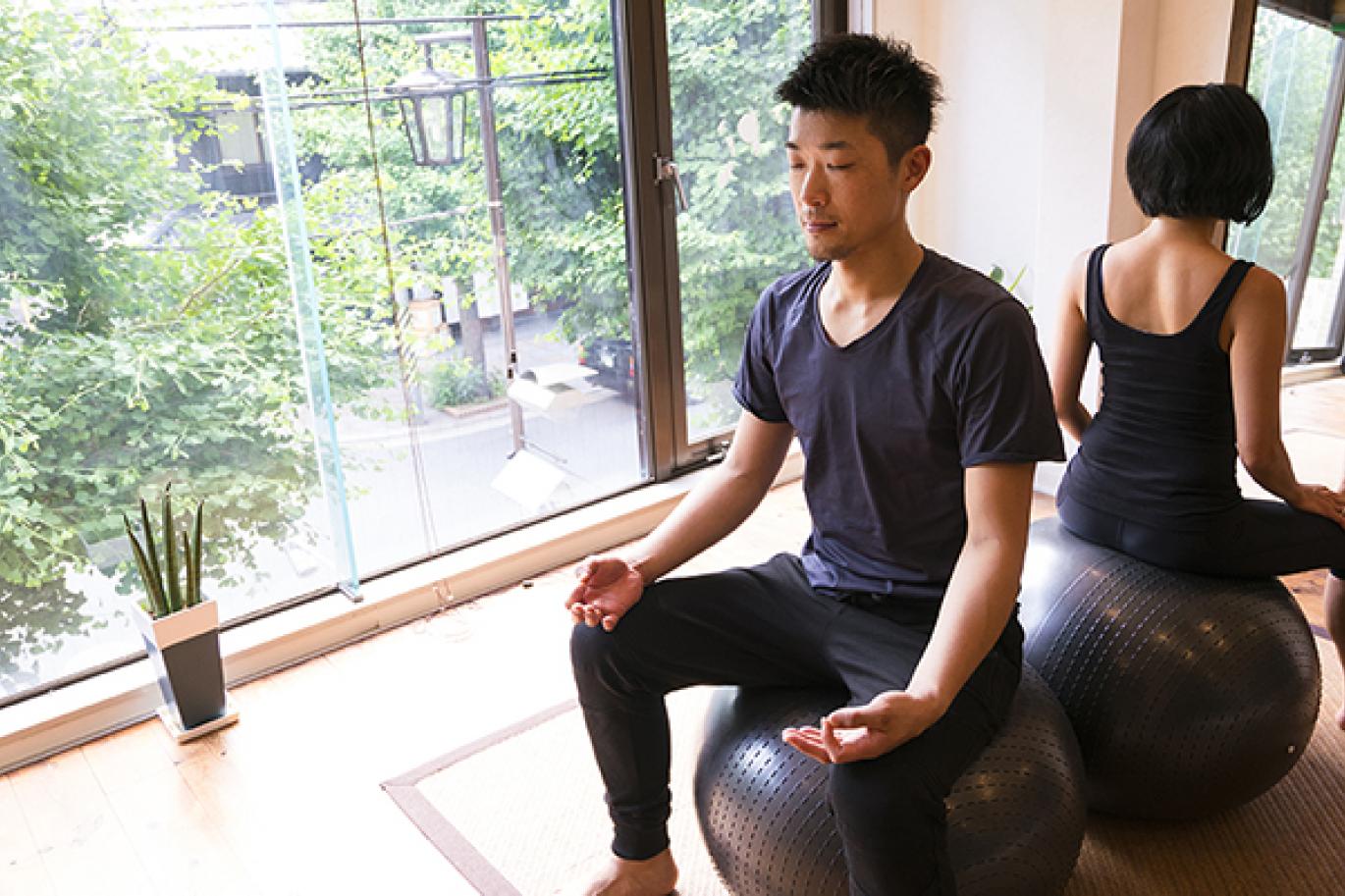Cultural Understanding of Body Awareness (CUBA)

Abstract
Interoceptive awareness is the conscious perception of sensations that create a sense of the physiological condition of the body. A validation study for the Japanese translation of the Multidimensional Assessment of Interoceptive Awareness (MAIA) surprised with a factor structure different from the original English-language version by eliminating two of eight scales. This prompted an exploration of the similarities and differences in interoceptive bodily awareness between Japanese and European Americans. Bicultural Japanese-Americans discussed concepts and experiences in the two cultures. We conducted focus groups and qualitative thematic analyses of transcribed recordings. 16 participants illustrated cross-cultural differences in interoceptive bodily awareness: switching between languages changes embodied experience; external versus internal attention focus; social expectations and body sensations; emphasis on form versus self-awareness; personal space; and mind–body relationship; context dependency of bodily awareness and self-construal. The participants explained key concepts that present challenges for a Japanese cultural adaptation of the MAIA, specifically the concept of self-regulation lost in the factor analysis. In Japanese culture, self-regulation serves the purpose of conforming to social expectations, rather than achieving an individual self-comforting sense of homeostasis. Our findings will inform the next phase of improving the MAIA’s cross-cultural adaptation.
Read the paper in Culture, Medicine, and Psychology


